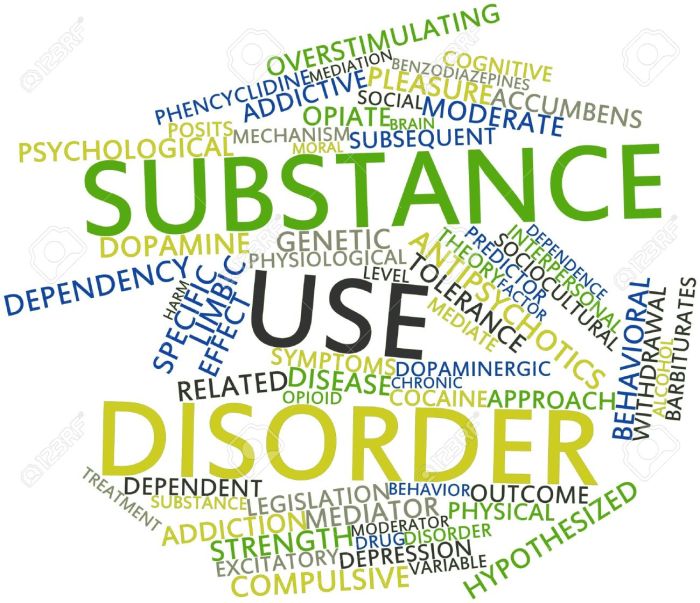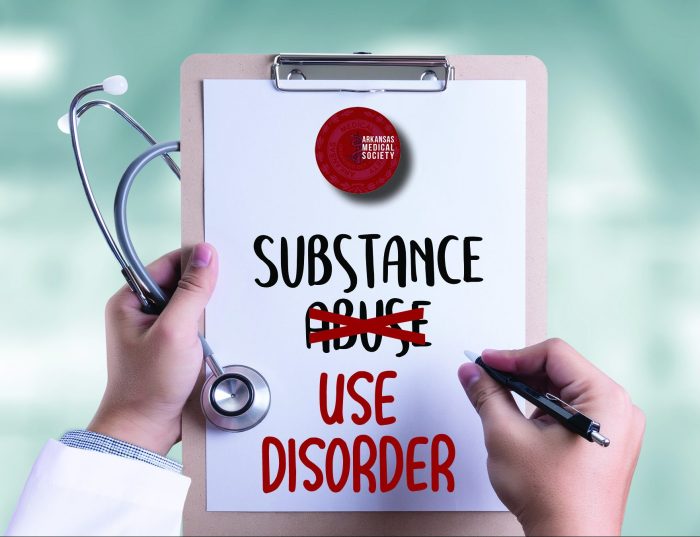What does SUD stand for in therapy? This acronym is commonly used in therapeutic settings to refer to Substance Use Disorder. SUD encompasses a range of conditions characterized by the compulsive use of substances despite negative consequences. Understanding the meaning and applications of SUD is crucial for therapists and individuals seeking treatment for substance-related issues.
SUD is employed in various therapeutic approaches, including cognitive-behavioral therapy, motivational interviewing, and contingency management. It helps individuals identify triggers, develop coping mechanisms, and build a support system to overcome substance use challenges. The incorporation of SUD into therapy has demonstrated positive outcomes, including reduced substance use, improved mental health, and enhanced social functioning.
What does SUD stand for in therapy?

SUD stands for Substance Use Disorder in the context of therapy. It is a term used to describe a range of conditions characterized by the compulsive use of substances despite negative consequences.
Definition of SUD in Therapy, What does SUD stand for in therapy?

SUD is a mental health disorder that involves the persistent use of substances, such as alcohol, drugs, or gambling, despite negative consequences. Individuals with SUD may experience cravings, impaired control over substance use, and continued use despite harm to their physical, mental, or social well-being.
SUD can manifest in various forms, including:
- Alcohol Use Disorder
- Drug Use Disorder
- Gambling Disorder
- Other Substance Use Disorders (e.g., inhalants, prescription drugs)
The severity of SUD can range from mild to severe, and it can have significant impacts on an individual’s life, including their relationships, work, and overall health.
Final Summary

SUD plays a significant role in therapy by providing a framework for understanding and addressing substance use disorders. It facilitates the development of individualized treatment plans, empowers individuals to take control of their recovery, and promotes long-term abstinence. By incorporating SUD into therapeutic interventions, therapists can effectively support individuals in overcoming substance use challenges and achieving their recovery goals.
FAQ
What is the difference between SUD and addiction?
SUD is a clinical term used in therapy to describe a range of substance use disorders, while addiction is a broader term that refers to the compulsive use of substances despite negative consequences.
How is SUD diagnosed?
SUD is diagnosed by a healthcare professional based on specific criteria Artikeld in the Diagnostic and Statistical Manual of Mental Disorders (DSM-5).
What are the treatment options for SUD?
Treatment options for SUD include therapy, medication, support groups, and a combination of these approaches.